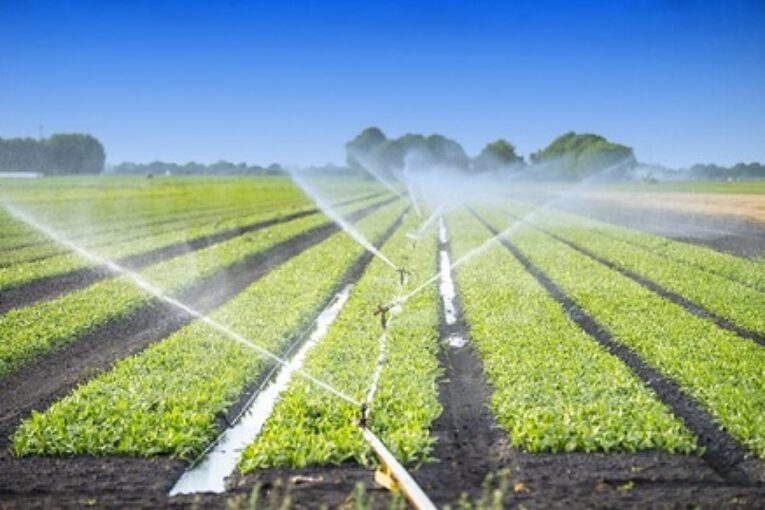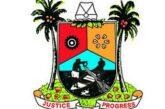
A low-cost automated irrigation system designed to scale down the plight of poor smallholder farmers in Nigeria is underway.
The technology will enable farmers to grow crops all-year round, thereby increasing food production and reducing food costs.
The battery-powered technology was built by a team of students (now graduates) of the University of Abuja (UniAbuja) and presented at the 2021 Mzuzah Sustainable Project competition aimed at “inspiring the next generation of African leaders.”
Nigeria has about 38 million smallholder farmers – about 20 per cent of its population —responsible for 90 per cent of food production, with many of them dependent on rain-fed seasonal farming, which limits their capacity and incomes.
Currently, unpredictable weather patterns, such as erratic rainfall and extreme climate conditions, have disrupted planting and harvesting seasons, leaving more farmers to grapple with crop failures and poor yields that exacerbate food insecurity.
Although a couple of automated irrigation systems have been developed to solve the food crisis in Nigeria and Africa in general, smallholder farmers who constitute majority of the poor cannot afford them.
In 2021, five students, led by Moses Oluma from the Electrical Engineering Department, joined forces to develop the battery-powered irrigation system to increase crop yields and improve resilience to climate shocks.
“I saw the challenges smallholder farmers in the communities around the university (UniAbuja) faced. They can’t farm during the dry season, and the modern irrigation systems are very expensive. That was why I assembled the team and came up with this device to help farmers.
“Two of us were from the Electrical Engineering Department, another two from the Agriculture Department and the fifth team member was a Chemical Engineering student,” Oluma told Weekend Trust.
How it works
Oluma explained that his team used affordable sensors that could read parameters as to when the soil is lacking a particular level of moisture. The sensor then sends the reading to the other end of the system, where a water reservoir is installed, and the exact water needed is released to the crops through a network of conduit pipes, he said.
“It works automatically, with or without the farmers’ present on the farm. All that is required is to prompt the system. We have sensors in the soil that indicate when the moisture level is low and specify the water to be released for irrigation. Irrigation stops automatically when the appropriate moisture level is attained.
“It is powered by four 9-volt batteries. We use batteries to make the device affordable to smallholder farmers operating medium-sized farms of 250-500 square meters. Solar power can be used, but it is expensive,” he stated.
Oluma estimated that it costs N200,000 (about $100) to install the system on a small farm, adding that the team would make a provision for an installment payment plan to make it accessible to as many farmers as possible.
“The cost also covers installation and training of farmers. We are not really interested in making profits. We want to use the device to mitigate climate change and ensure food security. It has a warranty of five years and if it develops any issue during the period, our technicians will fix it for free.
“We are now at the stage of sourcing funds for commercial production. We have published the research and are working with some non-governmental organisations to scale it,” he added.
Dailytrust




